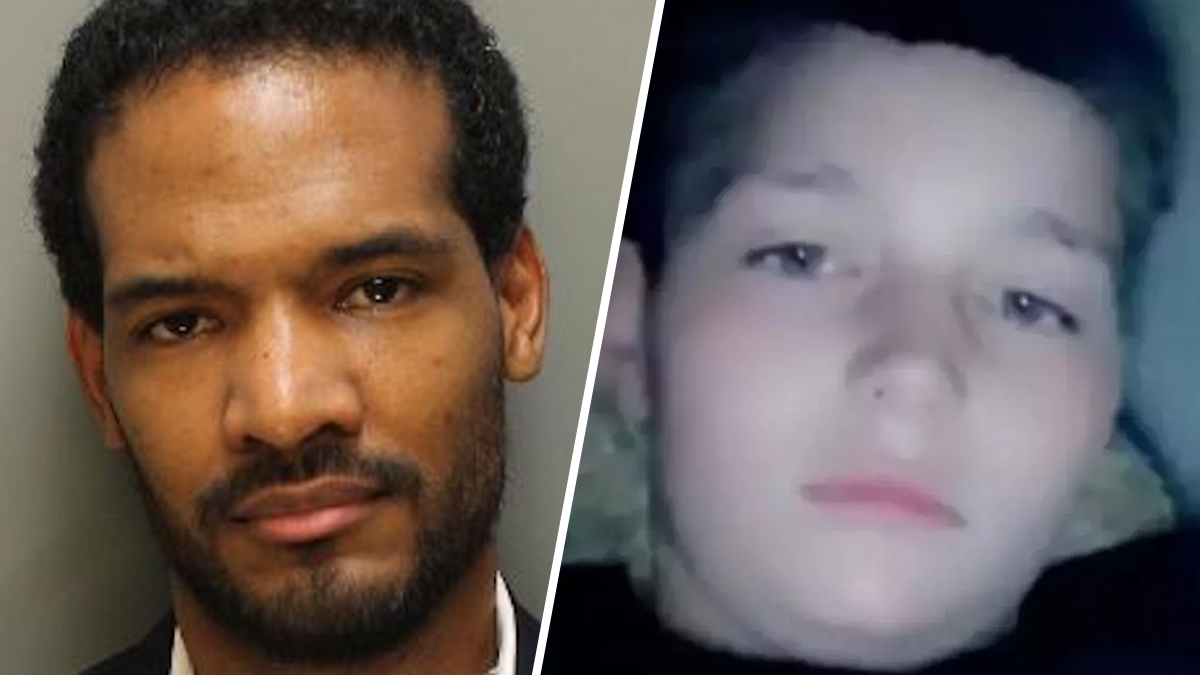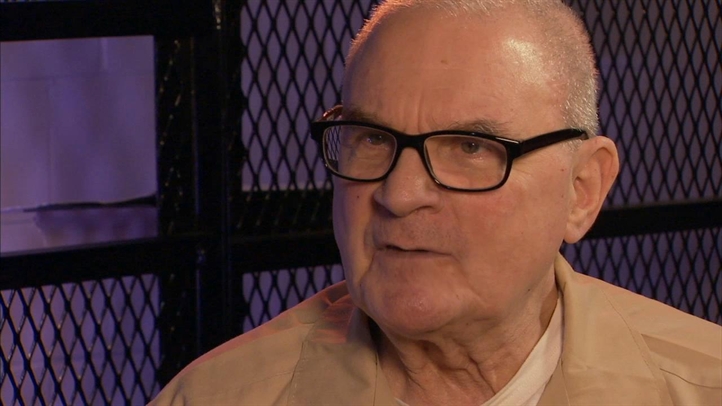Friends and ex-colleagues of Jerry Sandusky testified Monday on behalf of the former Penn State assistant football coach as his defense sought to counter prosecution witnesses' claims that he sexually abused boys in the shower on Penn State's campus.
The testimony came on what was a truncated day in a trial that has moved a brisk pace since testimony began last week. Judge John Cleland told jurors that the defense could rest its case by Wednesday, which would mean closing arguments could come Thursday morning.
“This is all very tentative, you understand,” he told the 12 jurors and four alternates, adding that since they will be sequestered in a hotel while they deliberate they should “pack appropriately.”
It was still unclear how Sandusky's defense team, led by attorney Joe Amendola, would proceed on Tuesday. After the proceedings ended for the day, when asked if he would testify on his own behalf, Sandusky looked an Associated Press reporter in the eye and said nothing.
Cleland told jurors of the possible timeline after the three defense witnesses testified that Sandusky was an admired local figure because of his ties to Penn State and the outreach of his children's charity, The Second Mile.
Former Penn State assistant coach Dick Anderson, who worked with Sandusky for several years, testified that he and other members of the football staff were present when Sandusky brought young boys into the team's showers.
He said he never witnessed anything inappropriate.
Local
Breaking news and the stories that matter to your neighborhood.
“If Jerry would bring someone in with The Second Mile, they had been working out, for whatever reason they came in, it was not uncommon ... with the other coaches in the shower as well,” Anderson said.
Anderson, who coached at Penn State from 1970 to 1983 and again from 1990 to 2011, said adults and children often shower together at gyms. He noted, for example, that it's not unusual for him to be in the showers with boys at the YMCA.
Anderson took the stand after prosecutors presented their 21st, and final, witness, a woman whose son said Sandusky raped him in the basement of the coach's home.
The woman said her son told her that Sandusky called him late one night after the first round of charges were filed in November, asking if he'd be a character witness. But the next month, prosecutors brought charges against Sandusky, alleging he'd had forced anal sex with the boy.
The woman said her son's laundry would often be short of underwear and he would claim he had thrown it away because he had an accident. Last week, the teen said Sandusky forced him to have anal sex that made him bleed.
“I always wondered why he never had any underwear in the laundry,” she said. “There was never any underwear, any socks ... that was odd to me.”
Also Monday, prosecutors withdrew one count against Sandusky, saying the statute he was charged under did not apply at the time of the alleged illegal contact.
That leaves 51 counts involving 10 alleged victims over a 15-year span. Sandusky, whose November arrest led to the ouster of Penn State's president and the firing of Hall of Fame football coach Joe Paterno, has denied wrongdoing.
During his testimony, Anderson said Sandusky had a “wonderful reputation” in the community.
“He was well thought of in every regard,” Anderson said.
He also testified about the busy schedule Penn State coaches kept.
In their questions to prosecution witnesses, the defense has sought to show how the stories of accusers have changed over time, that they were prodded and coached by investigators and prosecutors, that some are motivated to lie by the hopes of a civil lawsuit jackpot, and to paint Sandusky's interactions with children as misunderstood and part of a lifelong effort to help, not victimize, them.
Amendola pressed the accusers for dates and locations, details of their involvement with the kids' charity Sandusky founded, arrests or drug problems, contacts they had with Sandusky in the years since the alleged abuse ended and the terms of representation deals with civil lawyers. At least six said they told incorrect or incomplete stories in early contacts with police, and three testified that some of the details only came back to them in recent years.



